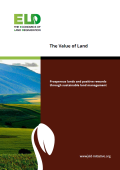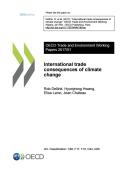
This report provides an analysis of how climate change damages may affect international trade in the coming decades and how international trade can help limit the costs of climate change. It analyses the impacts of climate change on trade considering both direct effects on infrastructure and transport routes and the indirect economic impacts resulting from changes in endowments and production. A qualitative analysis with a literature review is used to present the direct effects of climate change. The indirect impacts of climate change damages on trade are analysed with the OECD’s ENV-Linkages model, a dynamic computable general equilibrium model with global coverage and sector-specific international trade flows. By building on the analysis in the OECD (2015) report "The Economic Consequences of Climate Change", the modelling analysis presents a plausible scenario of future socioeconomic developments and climate damages, to shed light on the mechanisms at work in explaining how climate change will affect trade.
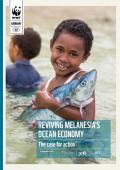
During the past few years, the term “Blue Economy” or “Blue Growth” has surged into common policy usage, all over the world. For some, Blue Economy means the use of the sea and its resources for sustainable economic development. For others, it simply refers to any economic activity in the maritime sector, whether sustainable or not.
Despite increasing high-level adoption of the Blue Economy as a concept and as a goal of policy making and investment, there is still no widely accepted definition of the term. To fill this gap in shared understanding about what characterises a sustainable Blue Economy, and to help ensure that the economic development of the ocean contributes to true prosperity, today and long into the future, WWF has developed a set of principles.
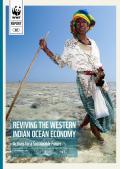
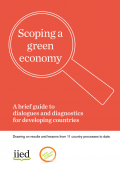
This guide aims to encourage early dialogue and diagnosis in and by developing countries on what a green economy would mean for their country.
Green economy and green growth are hot topics. Definitions, evidence, debates and increasingly, policies, have tended to be dominated by powerful countries and international groups. Several intergovernmental organisations are making it a priority and are announcing policies and programmes; but they each have different approaches.
This proliferating work on the international scene provides rich material which can be highly influential in developing countries. However, there are risks of considerable bias if the concepts are not first explored by stakeholders in-country. As the 2012 Rio+20 United Nations Conference on Sustainable Development concluded, green economies should take very different forms according to a country’s diverse capital endowments and needs. As such, green economic policy and investments need to be tailored at both national and local levels.
